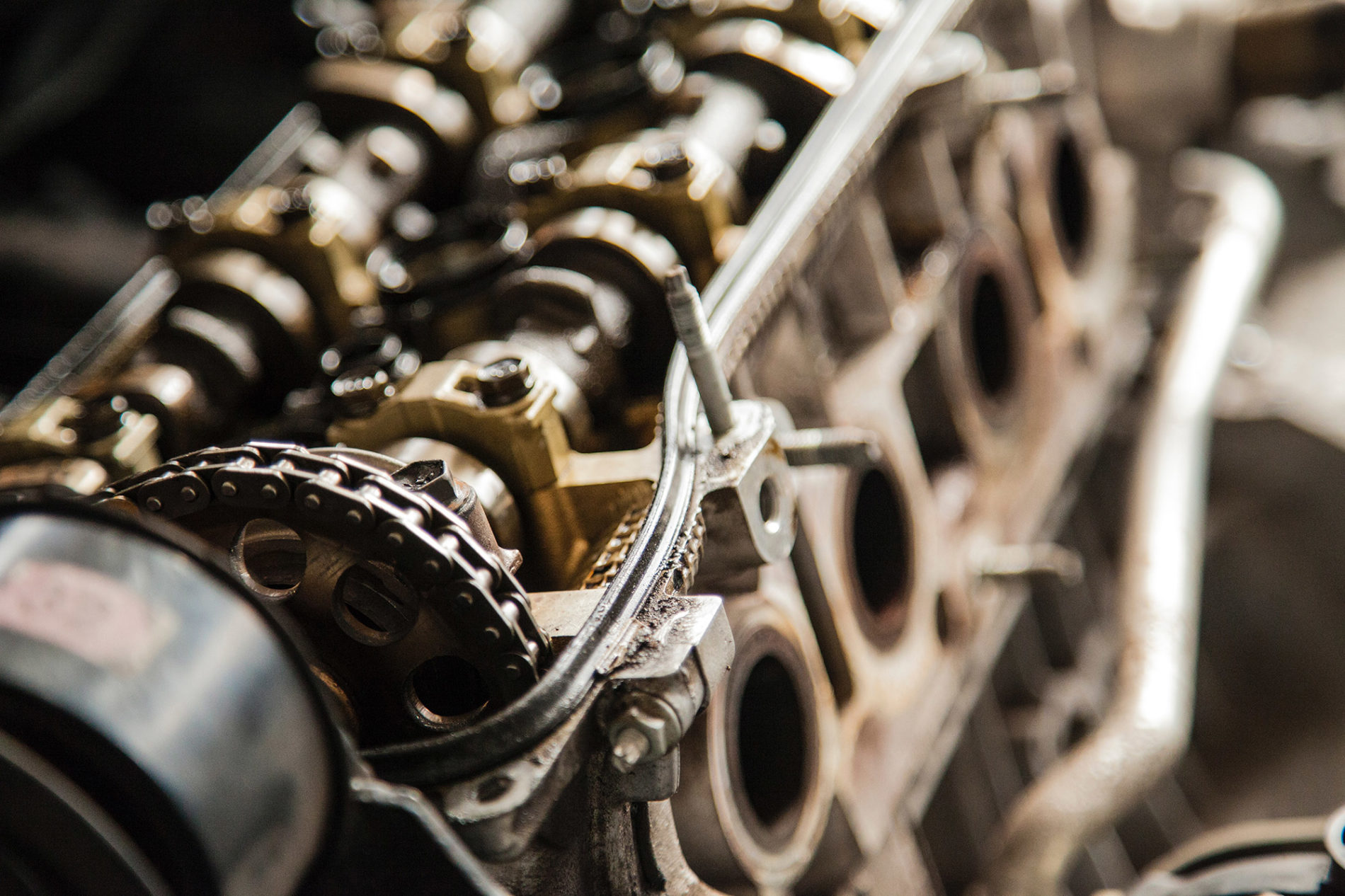The newly-formed partnership between Ricardo North America (Ricardo) and Achates Power Inc. (API) of San Diego, Calif. (earlier post), has received its first assignment: an Advanced Research Projects Agency-Energy (ARPA-E) grant to improve overall efficiency and reduce emissions in full-size pickup trucks.
Ricardo, engineering specialists in advanced propulsion, software, thermal management and vehicle systems, added to its powertrain design/development capabilities in June when it partnered with API and expanded its Southern California team.
The agreement allowed API, which has been engaged with ARPA-E for several years, to tap into Ricardo’s powertrain know-how to support the continuation of its advanced engine developments with ARPA-E and create a clear path toward production applications.
ARPA-E, under the auspices of the US Department of Energy, advances high-potential, high-impact energy technologies and awardees are unique because they are developing entirely new ways to generate, store and use energy. The grant serves as a bridge between the private sector and the government for advancing technologies that improve the US positions in energy sustainability and climate change.
The new Gen II program builds upon the successful API Gen I opposed-piston engine with a focus on efficiency, weight, emissions and power. The 3-cylinder engine will be comprised of a Gasoline Compression Ignition (GCI) combustion system (earlier post), a novel boosting system, 48V electrification and advanced manufacturing techniques to minimize engine weight.
The ARPA-E grant is designed to solve hard problems. With Ricardo’s world-class design expertise, we will incorporate diesel-like combustion into a gasoline engine while adding the efficiency of an opposed piston design. The groundbreaking result will be a highly efficient gasoline engine with diesel-like levels of performance that can be cost-effective to deploy at scale.
API Chief Technical Officer Fabien Redon
Originally posted on Green Car Congress (September 11, 2020) (View original article on Green Car Congress)
